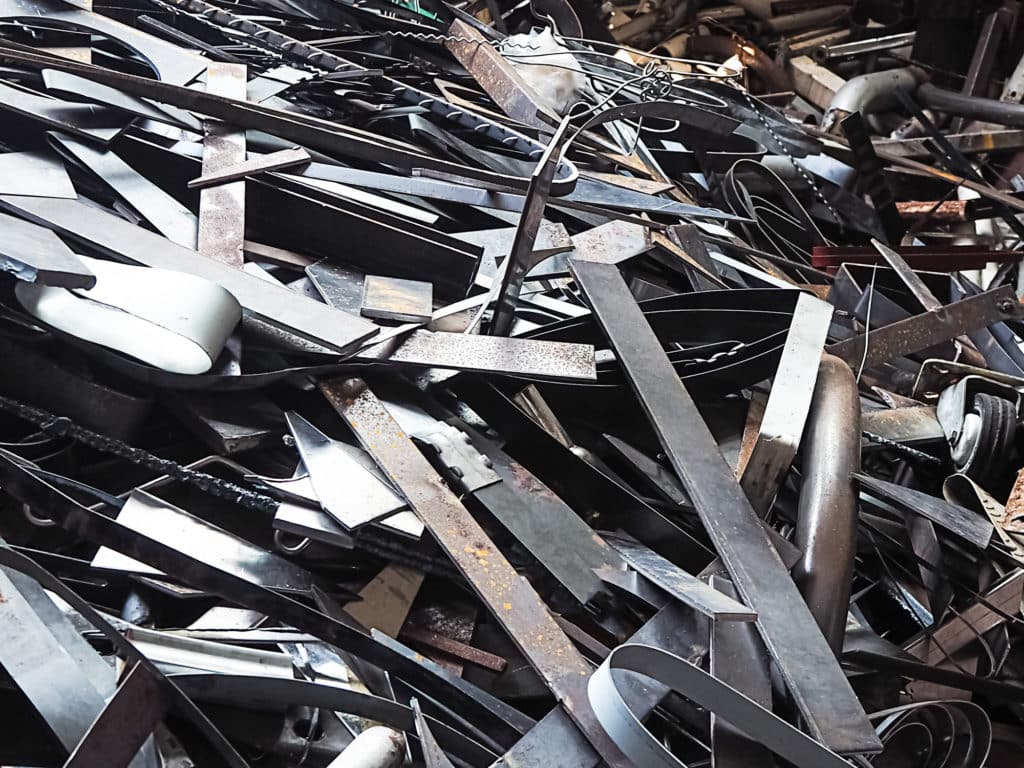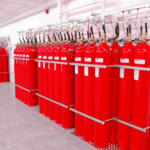Metal can be recycled infinitely without losing its properties, unlike paper and other materials. In the case of aluminum like foil converter processing, this process can still save bauxite extraction. Per recycled can, enough energy is produced to leave a 100-watt light bulb on for 20 hours. Curious about other advantages of metal recycling? So, check out the main benefits below!
Sustainability
Metals are widely used in various equipment, packaging, and structures due to their high degree of strength, durability, and ease of adaptation. Therefore, recycling is one of the most sustainable ways to produce and manage these materials. Instead of discarding items into the environment in the form of garbage, recycling aims to process the materials to be used again for people or even for industry. They can become raw materials for the production of new products without harming the final result.
Recycling and sustainability go hand in hand because metals are materials that take a long time to decompose in nature. Depending on the conditions at the disposal site, these compounds can take hundreds or even thousands of years to disappear. Aluminum, for example, can take 100 to 500 years to disappear. Therefore, the correct disposal of the metal brings great benefits when applied to the recycling of metals, as the material can be recycled indefinitely. For example, a simple tin can become part of an airplane part, a pan, car parts, bicycle frames, tools, and many other items.
Through recycling, metals are transformed into new products, which prevents them from being eliminated in the environment, where they can cause great damage to nature.
Less Consumption Of Natural Resources
Another benefit of metal recycling is to reduce or even avoid ore extraction and processing. For example, aluminum is not found in nature in its elemental form. It needs to be compensated with other elements, the main one being bauxite. To manufacture one ton of aluminum, 5 tons of bauxite are required. The reduction in mining activity is very relevant, as it causes irreversible impacts on the environment, including:
- destruction of vegetation in the surrounding area;
- pollution of rivers with chemicals used in extraction;
- air pollution from the burning of mercury used in the extraction of various types of ore;
- evasion of fauna from the extraction area;
- risk of dam failure;
- risk of contamination of the population living in the surroundings;
- noise pollution.
- Decrease in degraded areas
Imagine that all material that has lost its usefulness is deposited in nature. In addition to increasing the size of dumps and landfills, this attitude would have very serious consequences for the ecosystem since many of these compounds contaminate the fauna and flora for many years.












